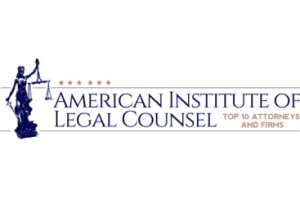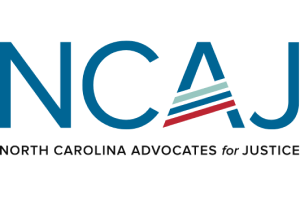- Contact Us Now: (910) 488-5050 Tap Here to Call Us
Understanding Alimony in North Carolina

The idea of alimony may seem simple, but alimony is actually often a complex and contentious issue during a divorce. It is common for people to come into a divorce with mistaken or outdated ideas regarding alimony.
The attorneys at The Richardson Firm can help you understand several ways in which a family lawyer can assist you.
WHAT IS ALIMONY
When one spouse can’t support themselves after a divorce, that spouse can seek alimony, also known as spousal support, from the other spouse to help them stay financially secure as they transition out of the marriage. The meaning behind alimony is that both spouses have become accustomed to a certain lifestyle in marriage, and neither spouse should have to immediately face a drastic change in their financial means because of a divorce.
WHY IS ALIMONY AWARDED
Often, in a marriage, one spouse chooses to pass up income and career development opportunities for the good of the family. When the couple separates, the spouse who made the sacrifice has no way to support themselves and maintain the same lifestyle they have become used to.
Meanwhile, the spouse with more income benefited from the sacrifices made by the other spouse throughout the marriage. The higher-earning spouse typically wouldn’t have been able to be as successful if the other spouse hadn’t devoted time to taking care of children or otherwise supporting the house and family.
Therefore, alimony allows both spouses to leave a marriage on equal footing while they figure out a way forward. The duration that alimony lasts usually depends on the length of the marriage.
WHICH SPOUSE IS AWARDED ALIMONY IN NC
It is often believed that alimony always means a husband making payments to a wife; however, that is an outdated thought. In North Carolina, alimony laws do not favor one gender over another. Additionally, alimony is a factor in same-sex divorces.
Either spouse can receive alimony if they meet one of two criteria:
- The spouse can’t meet their own reasonable financial needs without the other spouse’s income or assets.
- The spouse can’t maintain the standard of living they enjoyed during the marriage without the other spouse’s income or assets.
The judge in the case will decide which spouse, if either, meets the criteria and is eligible for alimony. In alimony cases, the spouse who receives alimony is called the dependent spouse and the spouse who pays alimony is called the supporting spouse.
FACTORS IN THE AMOUNT OF ALIMONY
Once alimony is awarded, payments can take the form of installments or a single lump-sum payment. In many cases, alimony payments have a set end date. However, the judge doesn’t have to set an end date if they don’t feel it’s appropriate.
North Carolina judges take into consideration many things when they factor how much alimony a spouse might be eligible for and how long alimony should last:
- Earning capabilities of both spouses
- Length of the marriage
- The standard of living or lifestyle during the marriage
- Assets and property acquired during the marriage
- Each spouse’s disabilities or other unique needs
- Each spouse’s age and physical and mental health
- Marital misconduct, such as:
- Adultery
- Abandonment (physical or emotional)
- Any other economic factor that would influence a person’s ability to support themselves
As each relationship and divorce is unique, it is extremely difficult to generalize how alimony will look in practice. If you’re facing a divorce and need to make a claim for alimony or find yourself on the other side to defend yourself against an unreasonable alimony claim – it’s in your best interest to speak with an experienced lawyer like the family lawyers at The Richardson Firm who can give you personalized advice.
CALL THE RICHARDSON FIRM TODAY
If you have questions about alimony, reach out to our experienced divorce lawyers at The Richardson Firm. We’ll meet with you to learn about your situation and offer straightforward advice about what to do next.
No matter the need, the family lawyers at The Richardson Firm have your family’s best interest at heart while still advocating for each individual’s rights and interests.
Call us at 910-488-5050 to schedule a free consultation with one of our attorneys.









